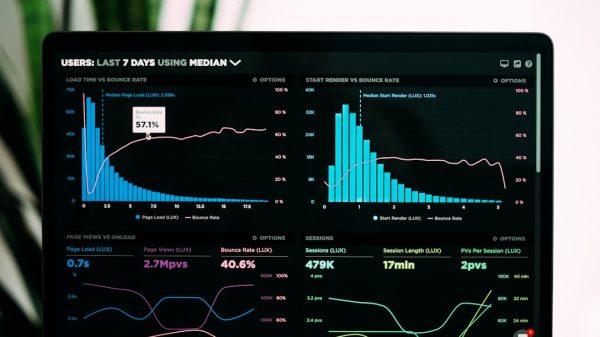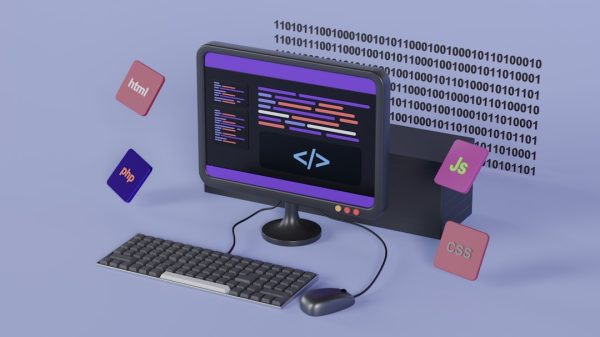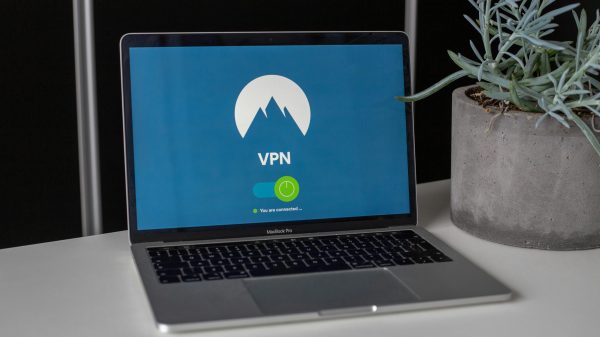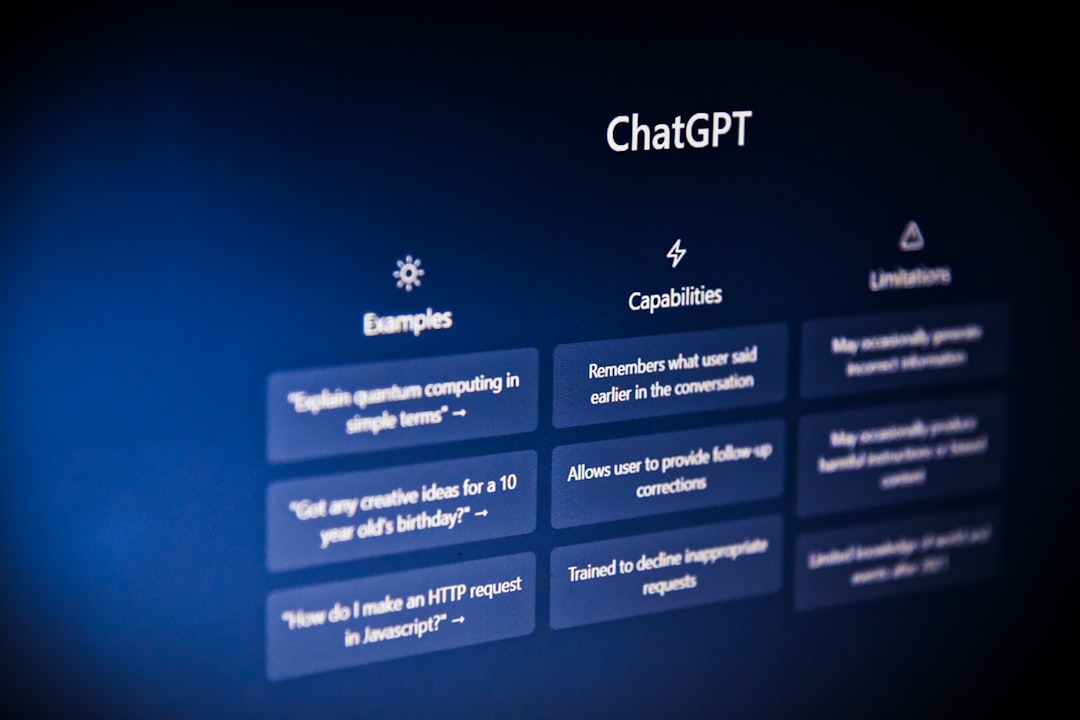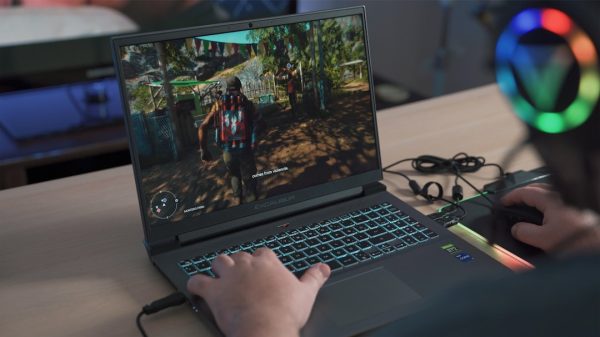In recent years, artificial intelligence has transformed numerous aspects of our lives, from business operations to everyday personal tasks. One of the most talked-about developments is the rising influence of conversational AI models like ChatGPT. As their use proliferates, a frequently asked question arises: Is ChatGPT replacing traditional search engines? While AI-driven assistants offer significant advantages, the answer isn’t as simple as a yes or no. This article examines how ChatGPT compares to traditional search engines, highlights the benefits and limitations of each, and explores what the future might look like in this changing landscape.
The Evolution of Information Retrieval
To grasp the potential for ChatGPT to replace search engines, it helps to understand the different purposes each tool serves. Search engines like Google and Bing work by indexing vast amounts of internet content and returning relevant links when users enter keywords. In contrast, ChatGPT uses natural language processing and machine learning to interpret queries and generate human-like responses, often providing direct answers without referencing third-party websites.
Whereas search engines deliver a list of sources for users to browse, ChatGPT provides synthesized insights directly—aiming to reduce time and effort when looking for specific information.
Key Advantages of ChatGPT Over Search Engines
- Conversational Interaction: ChatGPT offers a more intuitive, dialogue-based interface. Users can ask follow-up questions and clarify their intent, similar to speaking with a knowledgeable consultant.
- Summarization and Context: Instead of overwhelming users with multiple links, ChatGPT delivers condensed, contextual explanations that are easier to digest.
- No Intrusive Ads: Unlike traditional search engines, which often flood results with advertisements, ChatGPT presents information without commercial interruptions.
For example, someone trying to understand the implications of changing interest rates might receive a well-structured answer in ChatGPT, while a search engine might require the user to navigate through several articles or blogs.
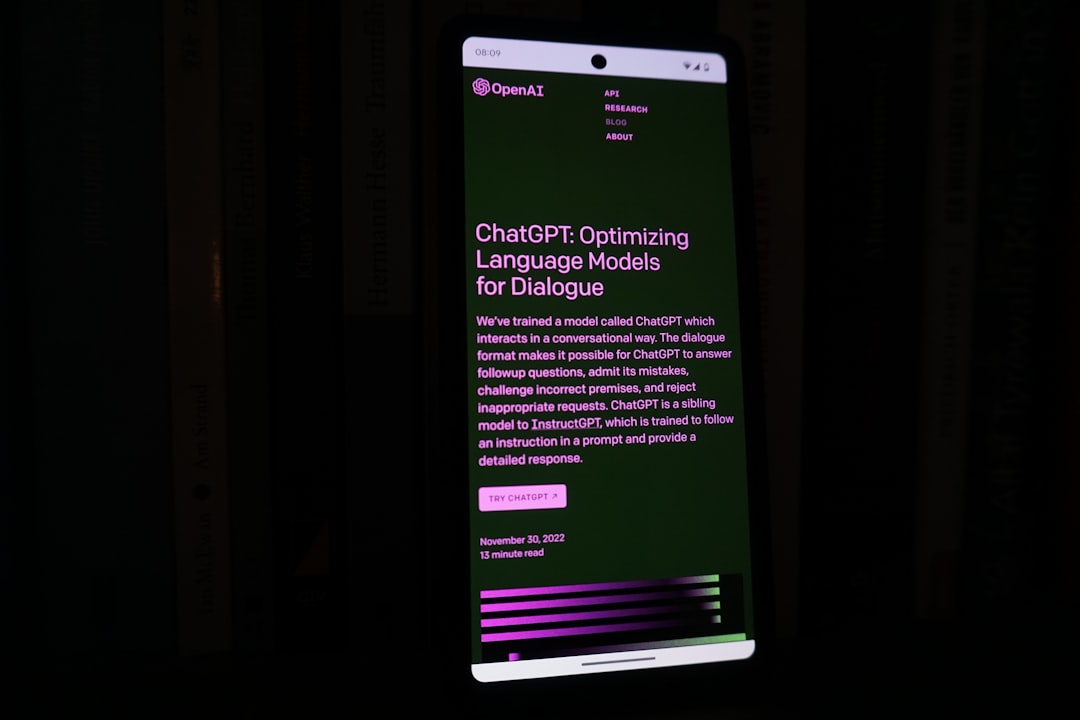
Where Search Engines Still Excel
Despite its benefits, ChatGPT has notable limitations that prevent it from fully replacing search engines—at least for now. Search engines are still the go-to resource for real-time information and verified data.
- Access to Up-to-date Information: Most search engines index the latest web content within minutes or hours. This makes them invaluable when looking for news, stock prices, weather updates, or rapidly evolving topics.
- Reference to Original Sources: Individuals often look for credible sources or wish to verify data. Search engines provide direct links to publications, research papers, and authority sites, which is critical for academic and professional work.
- Specialized Queries: From shopping comparisons to niche technical documentation, search engines leverage deep web crawling to uncover resources ChatGPT may not access.
Additionally, because ChatGPT doesn’t operate with live internet access in most versions, its responses are based on pre-existing model training data and therefore might lack the latest context.
The Complementary Nature of ChatGPT and Search Engines
Instead of pitting ChatGPT against search engines in a binary choice, it may be more accurate to view them as complementary tools. Many users already alternate between the two depending on the task at hand.
For example, if a user wants a quick summary about a concept like blockchain technology, they might turn to ChatGPT. But if they want to read the latest whitepapers or see current market trends related to cryptocurrencies, they’ll likely revert to a search engine.
How Integrations Are Shaping the Future
The lines between conversational AI and search engines are beginning to blur. Tech giants such as Microsoft have integrated ChatGPT-like capabilities into their Bing search engine, offering hybrid results that combine direct answers with traditional search listings.
Google, not to be left behind, has been developing and incorporating its own AI language models, such as Bard and Gemini, into its search ecosystem. These tools attempt to offer both conversational interactions and access to live web data, aiming to provide users with the best of both worlds.
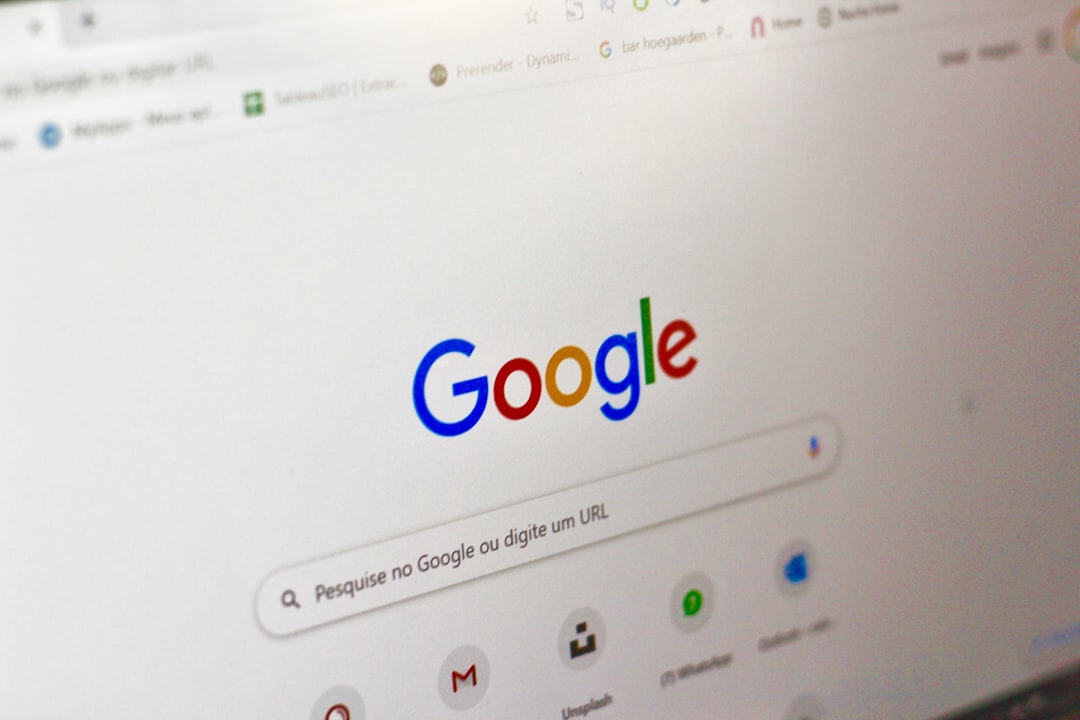
Limitations and Ethical Considerations
Even as ChatGPT continues to improve, several issues merit careful consideration:
- Accuracy and Reliability: AI models can occasionally generate incorrect or misleading information. Without the ability to verify sources, this can lead to misinformed users.
- Algorithmic Bias: Like other AI tools, ChatGPT can reflect biases present in its training data, which can affect the fairness and objectivity of its responses.
- Content Attribution: Unlike search engines that link to source material, ChatGPT doesn’t always make it clear where its information originates, raising concerns about transparency and copyright.
These challenges point to the importance of responsible AI development and increased user awareness when relying on AI-generated content.
Use Cases Where ChatGPT Outperforms
Despite these challenges, ChatGPT excels in many areas where traditional search engines fall short:
- Brainstorming and Ideation: Writers, marketers, and developers can use ChatGPT to generate ideas, outlines, and code snippets quickly.
- Learning and Tutoring: Students and self-learners benefit from 24/7 access to simplified explanations of difficult concepts in any subject area.
- Customer Support: Businesses increasingly adopt ChatGPT for answering FAQs and assisting with user inquiries, thereby improving productivity and service delivery.
These tasks often demand a conversational and context-sensitive approach, which makes a model like ChatGPT uniquely valuable.
What the Data Says
Recent analytics and user behavior studies are beginning to reflect the shift in how people interact with the web. According to surveys conducted in 2023 and 2024, over 40% of users aged 18–35 reported using AI tools like ChatGPT at least weekly for information-gathering purposes. This doesn’t necessarily replace their use of search engines but signals a change in preferences.
Moreover, software platforms and mobile applications that embed ChatGPT-like functionality are quickly becoming a norm, designating these models as default assistants for a variety of tasks—from coding suggestions and writing help to interactive learning.
Looking Ahead
As AI continues to advance, the distinction between conversational models and traditional search engines is likely to fade. Future tools may combine real-time indexing with natural language responses, addressing all user needs in one interface. Still, it’s unlikely that ChatGPT will entirely eliminate search engines in the near future—especially given considerations around data sourcing, up-to-date information, and regulatory compliance.
Instead, the more probable reality is a convergence—where AI models like ChatGPT become a powerful front-end layer through which users access and interpret the vast resources of the Internet. In this symbiotic model, each tool supports the other, rather than replaces it.
Conclusion
While ChatGPT presents an innovative and more conversational way to retrieve and understand information, it does not completely replace traditional search engines at this stage. Its ability to generate summarized responses, facilitate dynamic dialogue, and aid in creative processes makes it a powerful addition to the digital landscape. However, for tasks requiring the latest updates, source verification, and in-depth research, search engines remain indispensable.
Ultimately, rather than asking whether ChatGPT will replace search engines, it may be wiser to ask how both tools can be integrated more effectively to serve users in smarter, more efficient ways.













